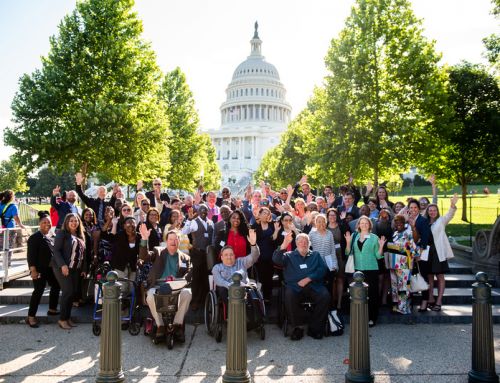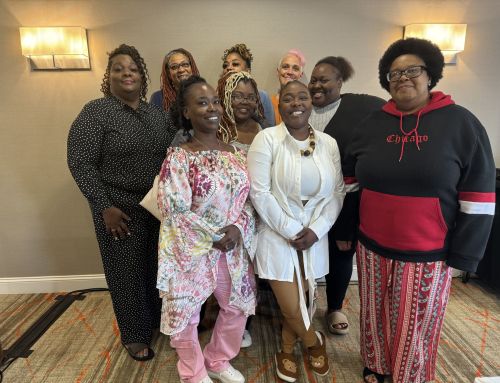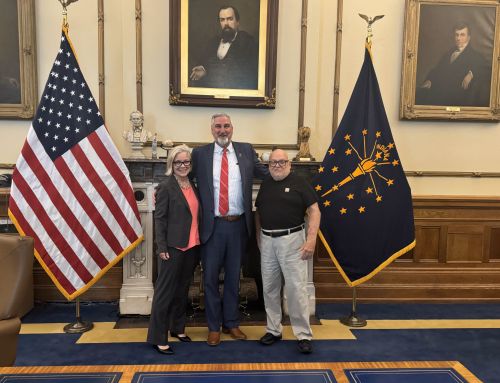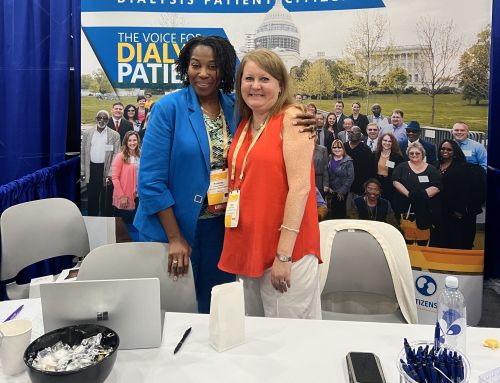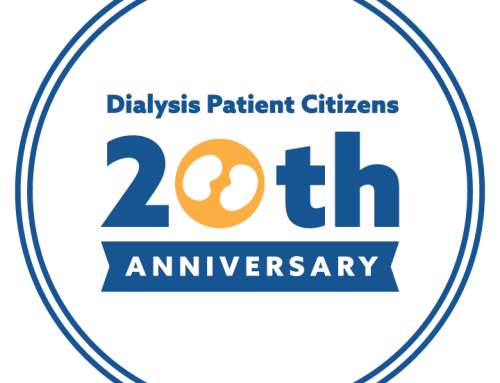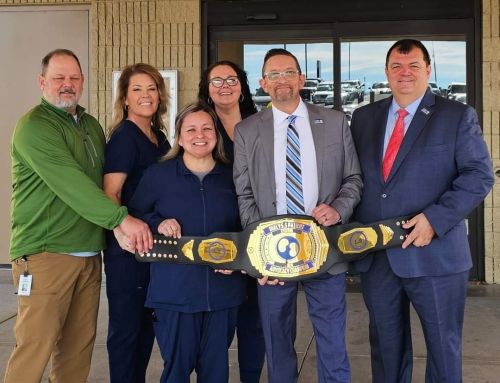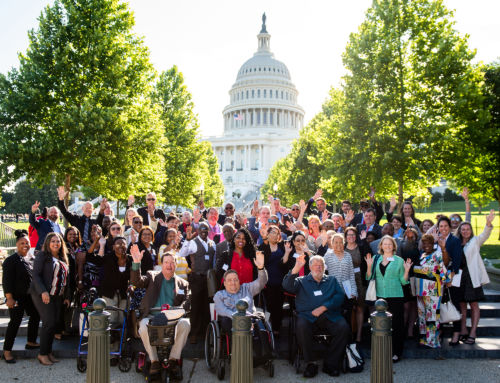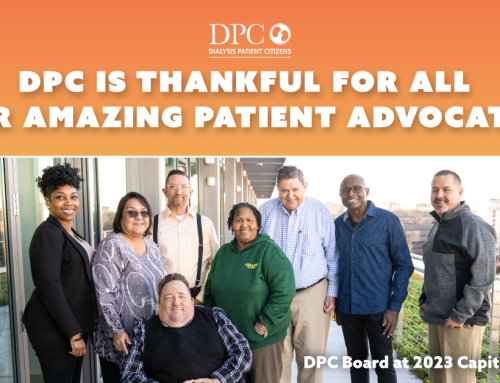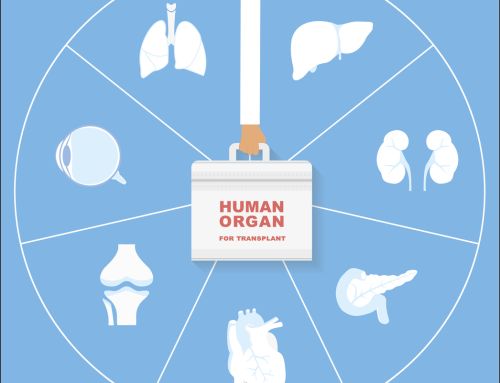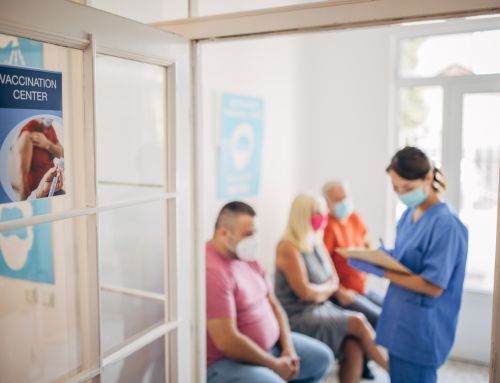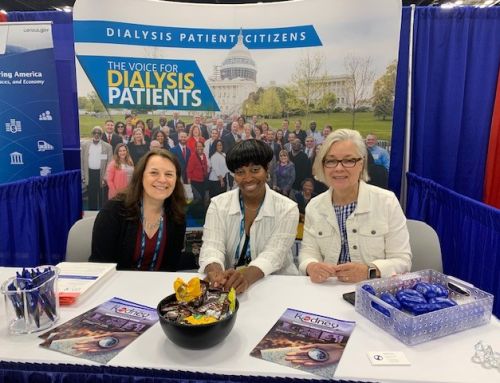It has been a busy and productive legislative session for DPC’s state advocacy efforts. Bills impacting dialysis patients have been introduced in multiple state legislatures and in most cases have moved quickly through the legislative process.
Improving access to Medigap coverage is a top priority for DPC, and we are thrilled that several states are working to improve Medigap access. Just last week, DPC celebrated Governor Glenn Youngkin’s (R) signing of Virginia bills SB 1409 and HB 1640 into law, guaranteeing access to affordable Medigap coverage for thousands of Virginians under 65 living with end-stage renal disease (ESRD).
In Kentucky, Medigap legislation passed the House of Representatives 91-1. The bill, HB 345, is scheduled for a Senate Health Services Committee hearing. We are hopeful this critical legislation will be approved in committee and sent to the Senate floor for final approval.
Legislation to provide affordable access to Medigap coverage to the under 65 population was also introduced in Nebraska. The bill, LB 32, was heard in the Banking, Commerce, and Insurance Committee in February, and while it has not yet advanced to the General File, it is gaining growing support among constituents and local groups. DPC has continued to elevate the importance of Medigap in Nebraska through a robust media outreach and public awareness campaign.
Additional bills to expand Medigap have been introduced and are moving through the legislature in Hawaii, Minnesota, Indiana, Rhode Island, Vermont, and Texas.
In addition to Medigap legislation, several states have introduced bills to enhance living donor protections and provide financial incentives, such as tax credits or reimbursement costs, which will help increase the number of kidneys available for transplant. These bills are moving through the legislature in Indiana, New Jersey, New Mexico, New York, South Carolina, North Carolina, Vermont, and Virginia. Additionally, bills prohibiting discrimination in the organ transplant process were enacted in North Dakota and Virginia.
How can you help? We are always looking for DPC Patient Ambassadors to share their stories by writing letters to legislators, testifying at committee hearings, and participating in Action Alerts that are emailed to our members.
Building strong relationships with legislators through the legislative process is how DPC is able to achieve success and improve the quality of life for its members and their families. To learn more about how you can help DPC’s state advocacy program, visit our website.


